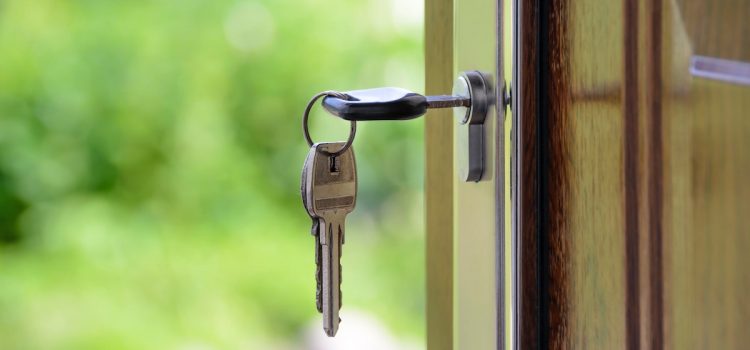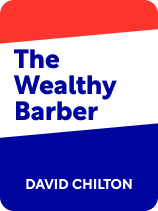

This article is an excerpt from the Shortform book guide to "The Wealthy Barber" by David Chilton. Shortform has the world's best summaries and analyses of books you should be reading.
Like this article? Sign up for a free trial here .
Is real estate a good investment? If so, how much should you invest, and when should you take this step?
David Chilton, in his book The Wealthy Barber, recommends that you invest 10% of your income. A good place for this money, he says, is real estate. However, he provides some real estate investment tips that help you know if and when you should buy.
Here’s what you should consider if you’re thinking about investing in real estate.
Investing in Real Estate
A good way to invest your 10% savings is by purchasing real estate. For the most part, Chilton says, real estate prices rise consistently over time. However, Chilton doesn’t advise buying real estate until you’ve first built up some assets. Many young people aren’t in good enough financial shape to qualify for a loan on a down payment, so when you’re starting out it’s best to confine your investments to mutual funds for a while.
But Chilton warns there are a number of risks inherent in real estate investment. Real estate prices in your area may decrease rather than increase over time. Recessions may impact your ability to make your mortgage payments or sell your home for a profit. Interest rates on mortgages fluctuate; if you have a variable-rate mortgage and interest rates go up, so does your monthly payment. And of course, being a landlord can be a headache.
| Is Real Estate Still a Good Investment? More Real Estate Investment Tips Since Chilton wrote The Wealthy Barber, real estate markets (and financial markets in general) have been rocked by world events. Is Chilton’s recommendation to invest in real estate outdated? The Great Recession of 2008-2009 was both triggered by and has had lasting repercussions for the housing market. That period of economic turmoil began when rising home prices, loose lending practices, and an increase in subprime mortgages caused a housing bubble that eventually burst. Subprime mortgages, which lenders offered to borrowers who lacked sufficient credit, often had adjustable interest rates that started out low, then jumped significantly. Unable to afford their mortgages, many people lost their homes to foreclosure—an estimated 10 million people from 2006-2014. After the recession, Congress passed the Dodd-Frank Act in an effort to regulate the financial and housing industries and protect consumers. Among other reforms, the Act requires lenders to make people show proof of income before giving them a loan (rather than simply stating their income, as had been the case prior to the recession). Borrowers must also make a down payment on their mortgage. But homebuyers still shied away from adjustable-rate mortgages—as of 2021, less than 5% of total purchase and refinanced loans were adjustable rate mortgages, compared with over 35% at the peak of the previous cycle. Home prices skyrocketed again as a result of the COVID-19 pandemic, as many people began working remotely, sought out more space, and had more money to spend. The primary cause of rising home prices, however, was low mortgage interest rates (the average rate for a 30-year mortgage in 2020-2021 was 3%, compared to 6% from 2002-2005). Since the early years of the pandemic, interest rates have gone up again, and adjustable-rate mortgages are once again becoming more popular (they represented 11% of overall mortgage applications as of 2022). While Chilton’s claim that real estate prices tend to rise over long periods of time is generally accurate, the Great Recession and the COVID-19 pandemic demonstrate how wildly real estate prices can fluctuate over shorter periods of time, and the 2008 crash is a cautionary tale of the risks of adjustable-rate mortgages in particular. The US government has put safety measures in place to help prevent another housing collapse, but investing in real estate is nonetheless a riskier enterprise now than it was when Chilton wrote The Wealthy Barber. |

———End of Preview———
Like what you just read? Read the rest of the world's best book summary and analysis of David Chilton's "The Wealthy Barber" at Shortform .
Here's what you'll find in our full The Wealthy Barber summary :
- A guide to becoming financially successful by following simple principles
- Why you might not need to buy life insurance
- Why you should only buy a house if it’s right for you






